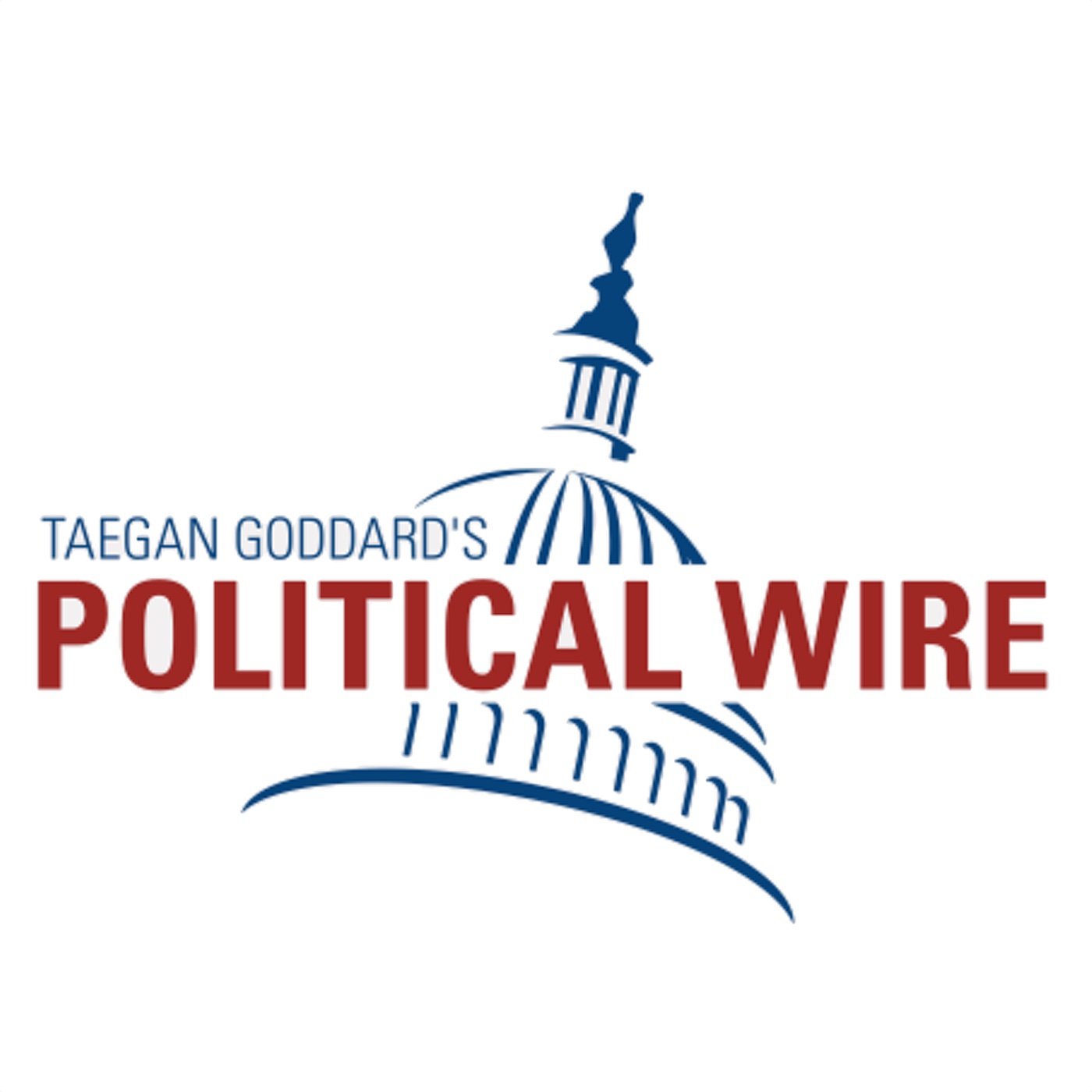
“The sweeping tariffs that President-elect Donald Trump imposed in his first term on foreign metals, machinery, clothing and other products were intended to have maximum impact around the world. They sought to shutter foreign factories, rework international supply chains and force companies to make big investments in the United States,” the New York Times reports.
“But for many businesses, the most important consequences of the tariffs, enacted in 2018 and 2019, unfolded just a few blocks from the White House.”
“In the face of pushback from companies reliant on foreign products, the Trump administration set up a process that allowed them to apply for special exemptions. The stakes were high: An exemption could relieve a company of tariffs as high as 25 percent, potentially giving it a big advantage over competitors.”
“That ignited a swift and often successful lobbying effort, especially from Washington’s high-priced K Street law firms, which ended up applying for hundreds of thousands of tariff exemptions.”


